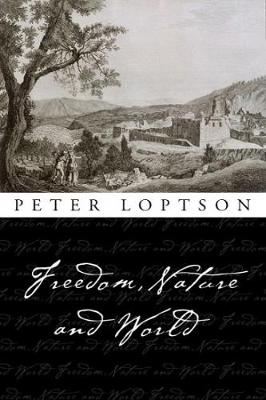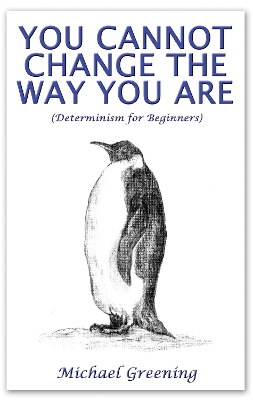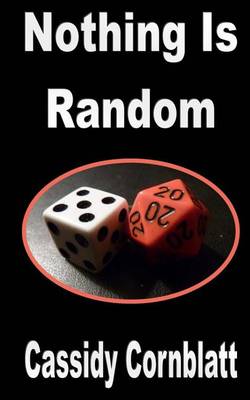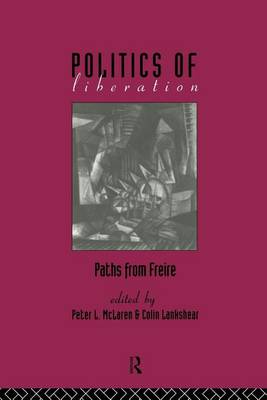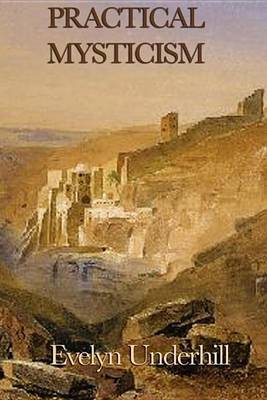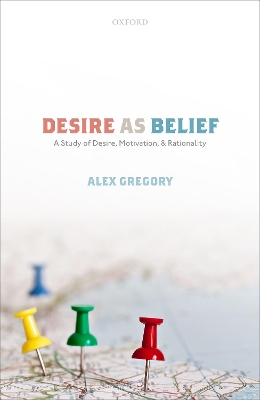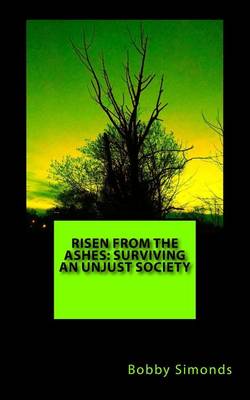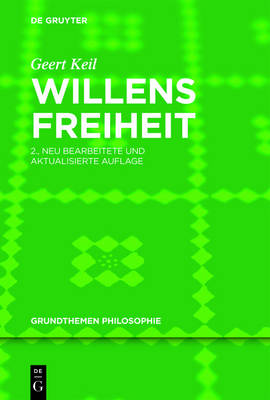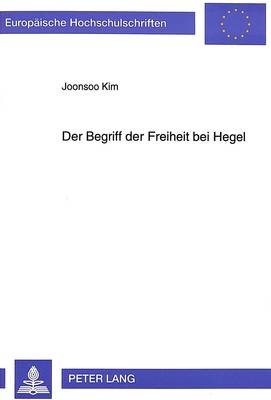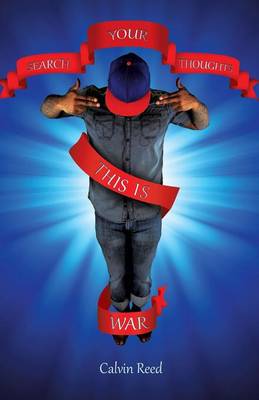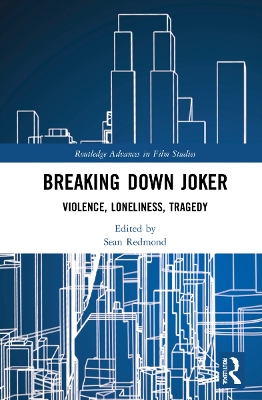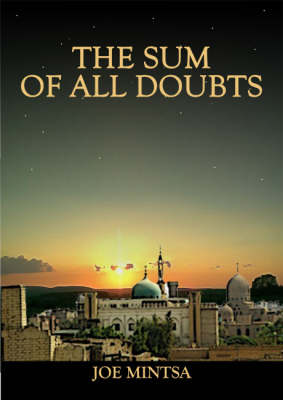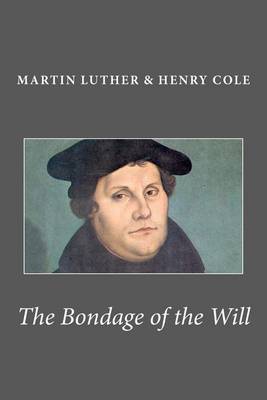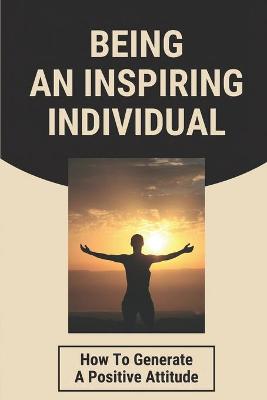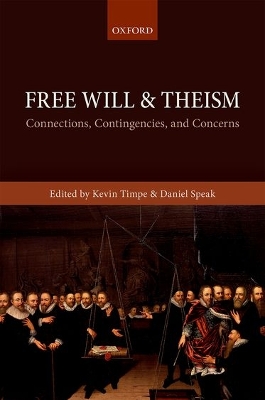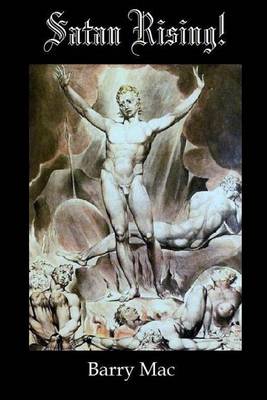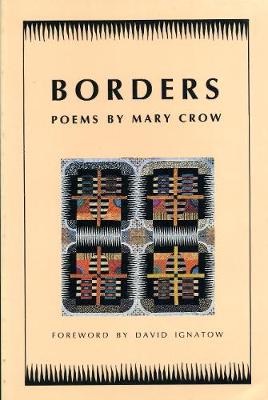"Freedom, Nature, and World" is a collection of essays by Peter Loptson which examine issues posed by a broadly naturalistic view of the world, which Loptson defends while also exploring some of the challenges it confronts. Papers on freedom, Kant, Christianity, Homer, the history of analytic philosophy, the place of humanity in nature, and other topics, are brought together within a synoptically naturalistic purview. All the essays rest on, and in some cases extend, that synoptic perspective, w...
This book is not about an idea, a theory, an argument or even 'a philosophy'. It explains, in simple terms, why irrefutable logic will always reach the conclusion that human beings are not in charge of their own lives. Although some readers will realise that this must be so, many of those same people will find it almost impossible to come to terms with that truth. The book goes on to suggest the reasons for this. It also points out that those of us able to accept that we have no free will, will...
At a time when the metaphysical tradition is being called profoundly into question by proponents of pragmatism and continental philosophy, Inexhaustibility and Human Being examines a specific aspect of metaphysics: the nature of being human, acknowledging the force of these critiques and discussing their ramifications. Exploring the possibility of a systematic metaphysics that acknowledges the limits of every thought, the book offers a metaphysics of human being based on locality and inexhausti...
Sind Wir Burger Zweier Welten: Freiheit Und Moralische Verantwortung Im Transzendentalen Idealismus
A popular model of human action treats it as universally explicable by appeal to what we want. A related view evaluates our actions as rational or otherwise by appeal to what we want. However, these dominant views sit in tension with two other common sense ideas. First, that our normative beliefs — such as our beliefs about what we ought to do — sometimes explain our actions. Second, that those beliefs are crucial for determining whether our actions are rational. To try and resolve these tension...
Liberty, Utility and Anarchy (Studies in Social, Political and Legal Philosophy)
by Jan Lester
In what is possibly the most impressive case for libertarianism since Robert Nozick's Anarchy, State and Utopia, J.C. Lester gives a critical-rationalist defense of the extremest form of the non-moral "classical liberal compatibility thesis": there is no clash among interpersonal liberty, human welfare, and market-anarchy. Lester shows how the rationality assumptions of mainstream and Austrian School economics are related and relevant to liberty and welfare. He defends certain conceptions of lib...
Der Begriff Der Freiheit Bei Hegel (Europaische Hochschulschriften. Reihe XX, Philosophie,, #504)
by Joonsoo Kim
Diese Studie ist ein Beitrag zur Interpretation des Hegelschen Freiheitsbegriffs im sachlichen Zusammenhang mit dem Problem der praktischen Freiheit des Individuums. Sie versucht die dialektische Struktur des spekulativen Freiheitsbegriffs Hegels anhand seiner "Logik" und geistesphilosophischen Anerkennungstheorie zu erhellen und kommt zum Ergebnis, dass Hegels spate Philosophie eine wohlbegrundete Theorie der intersubjektiven Freiheit enthalt, die fur die gegenwartige Diskussion um die praktisc...
Breaking Down Joker (Routledge Advances in Film Studies)
Breaking Down Joker offers a compelling, multi-disciplinary examination of a landmark film and media event that was simultaneously both celebrated and derided, and which arrived at a time of unprecedented social malaise. The collection breaks down Joker to explore its aesthetic and ideological representations within the social and cultural context in which it was released. An international team of authors explore Joker’s sightlines and subtexts, the affective relationships, corrosive ideologies...
Free Will and Theism
Concerns both about the nature of free will and about the credibility of theistic belief and commitment have long preoccupied philosophers. In addition, there can be no denying that the history of philosophical inquiry into these two issues has been dynamic and, at least to some degree, integrated. In a great many cases, classical treatments of one have influenced classical treatments of the other-and in a variety of ways. Without pretending to be able to trace all the historical integrations of...
